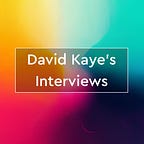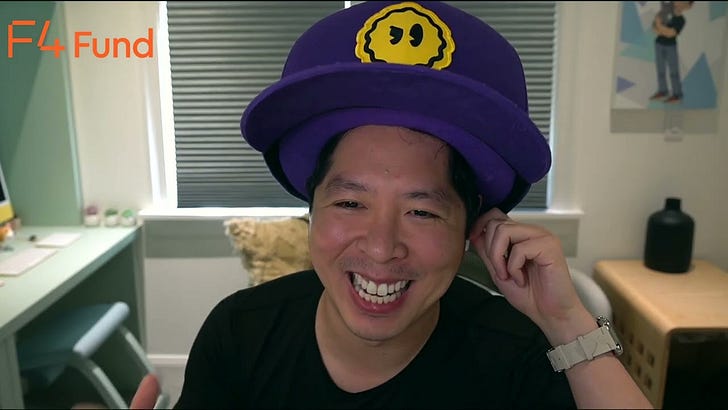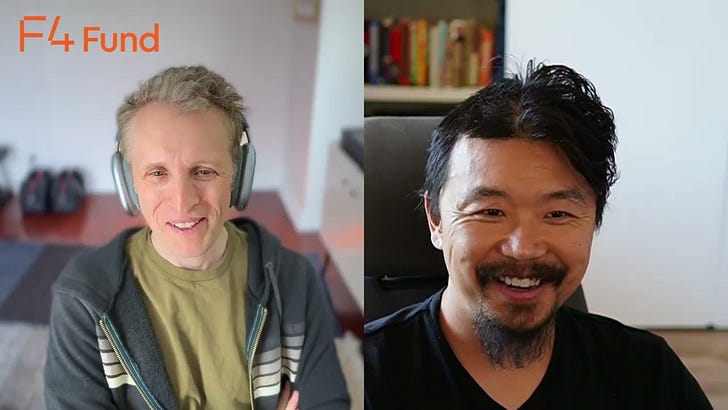Bertrand Vernizeau, co-founder and partner at Game Seer Venture Partners is an unusual games investor. He and his partner invest out of their own pool of capital, with no outside LPs. This structure affords some unique advantages, but that’s not the only thing they do differently.
In this episode:
Why big gaming venture funds will struggle to achieve market-beating returns
Lessons learned from missing a 100X opportunity to invest in PowerWash Simulator
The TikTokification of gaming and what it means for game development and marketing
Why their upcoming game Half Sword is blowing up in playtests and across social media
Some takeaways:
Chasing billion dollar outcomes in games is incredibly challenging in the absence of a new platform driving massive audience growth. This presents a big challenge for mega funds with hundreds of millions to deploy. Funds writing smaller checks under flexible models that allow for faster payback via royalties with an equity kicker have an inherent advantage in the current market.
If the product cannot sell itself, marketing is not going to help. Marketing alone cannot create interest - it can only amplify something that is already there.
Traditional channels are mostly dead. From the start of development, you have to figure out how your game going to capture attention in the first five seconds of a TikTok clip, because that’s where a lot of your organic audience is going to come from.
Attention can be engineered - attributes such as the anticipation of movement combined with the constant delivery of pleasurable stimuli are powerful hooks to create engagement.
Team chemistry and history of working together trumps individual pedigree: a superstar creator is an unreliable guide of future hit making potential, even more so than in other industries such as film and TV. This is because a lot of what makes a game great is the product of many disparate things coming together, not the singular vision of a designer.
Full episode guide:
01:13) Bertrand’s background and entry into the gaming industry
(03:00) The unique structure of Game Seer Venture Partners
(06:04) Why Game Seer avoids trends like Web3, AI, and mobile gaming
(08:14) The rise of venture funding in PC and console games
(10:35) The importance of team chemistry over individual pedigree
(13:02) The challenges and pitfalls of over-funding in the gaming industry
(15:44) Indie games outperforming big studios: recent success stories
(18:30) GameSeer’s selective investment strategy: evaluating 1,500 teams annually
(21:50) How GameSeer structures deals with a focus on royalties
(25:16) The TikTokification of gaming and the fight for user attention
(27:43) The shift in the market: AAA struggles and indie successes
(30:58) Lessons from missing out on PowerWash Simulator
(34:07) The creation and success of Game Seer’s publishing label
(36:23) Why traditional VC models don’t always fit the gaming industry
(38:45) The balance between project financing and publishing in Game Seer’s model
(41:30) Game Seer’s approach to evaluating new game concepts and teams
(47:02) The impact of post-COVID realism on gaming investments
(49:30) Addressing the challenges of scaling indie game hits
(52:14) The future of game development: Balancing creativity and commercial success
(57:45) Final thoughts
Where to find Bertrand:









